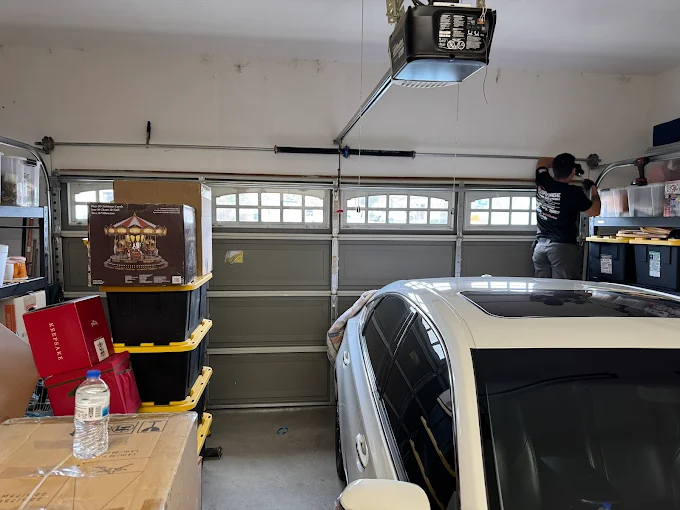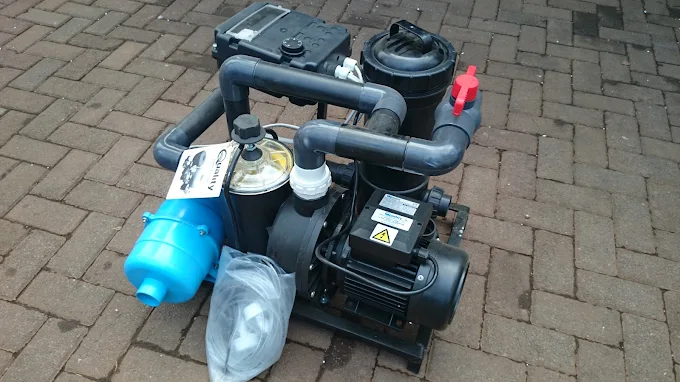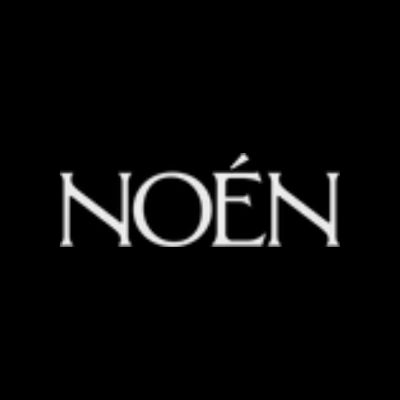
Introduction to Blockchain Technology
Blockchain is a decentralized, distributed ledger technology that enables the secure and transparent recording of transactions across multiple computers. Unlike traditional databases, blockchain ensures immutability, transparency, and trust, which makes it suitable for applications involving finance, identity, supply chains, and more.
💻 What Are Blockchain Development Services?
Blockchain development services refer to end-to-end solutions provided by specialized firms or developers to design, build, deploy, and maintain custom blockchain applications. These services typically include:
- Smart contract development
- Decentralized app (dApp) creation
- Private/public blockchain solutions
- Wallet development
- Blockchain integration
- Tokenization services (NFTs, utility tokens)
- Maintenance and upgrade support
These services are often tailored to meet a business’s industry-specific needs while ensuring security, scalability, and compliance.
🧱 Key Components of Blockchain Development
| Component | Description |
|---|---|
| Smart Contracts | Self-executing contracts with predefined rules on the blockchain |
| Nodes | Devices that participate in the blockchain network |
| Consensus Mechanism | Algorithm that validates transactions (e.g., PoW, PoS) |
| Wallets | Interfaces for users to store and transfer tokens |
| dApps | Decentralized applications that run on blockchain platforms |
| Tokens | Digital assets or representations of assets on the blockchain |
🌐 Types of Blockchain Networks
| Type | Description | Use Case |
|---|---|---|
| Public Blockchain | Open to anyone (e.g., Ethereum, Bitcoin) | Cryptocurrency, NFTs |
| Private Blockchain | Controlled access within an organization | Supply chain, internal systems |
| Consortium Blockchain | Shared between organizations | Banking, healthcare networks |
| Hybrid Blockchain | Combines public and private features | Enterprise-level apps |
🚀 Benefits of Blockchain for Businesses
1. Enhanced Security
Blockchain uses encryption and decentralized structures that make it nearly impossible to hack or manipulate data.
2. Transparency
Every transaction is recorded and viewable by all parties, promoting trust and reducing fraud.
3. Improved Efficiency
Automated smart contracts streamline operations and reduce manual intervention.
4. Cost Reduction
Eliminates the need for intermediaries, lowering transaction and operation costs.
5. Auditability
All data is traceable, providing robust audit trails for compliance and monitoring.
🏭 Use Cases Across Industries
| Industry | Use Case |
|---|---|
| Finance | Secure cross-border payments, smart contracts for lending |
| Healthcare | Patient records management, drug traceability |
| Supply Chain | Real-time tracking, anti-counterfeiting |
| Real Estate | Smart contracts for property transactions |
| Retail | Loyalty programs, payment systems |
| Government | Voting systems, digital identity verification |
⚙️ Popular Blockchain Platforms
| Platform | Known For |
|---|---|
| Ethereum | Smart contract and dApp development |
| Hyperledger Fabric | Enterprise-grade private blockchains |
| Solana | High-speed, low-cost transactions |
| Polygon | Layer-2 scaling for Ethereum |
| Binance Smart Chain | Fast and low-cost dApp hosting |
⚠️ Challenges in Blockchain Implementation
- High development and integration costs
- Regulatory and compliance hurdles
- Limited skilled professionals
- Scalability concerns
- User adoption barriers
🧩 How to Choose a Blockchain Development Company
✅ Look for:
- Proven experience in blockchain platforms
- Strong portfolio with case studies
- End-to-end development and post-launch support
- Security protocols and compliance practices
- Tech stack familiarity (Ethereum, Solidity, Rust, etc.)
🔍 Questions to Ask:
- Have you worked on projects in my industry?
- What blockchain platforms do you specialize in?
- Do you provide post-launch maintenance?
- Can you integrate blockchain with existing systems?
💰 Costs Involved in Blockchain Development
| Type of Project | Estimated Cost |
|---|---|
| Basic Smart Contract | $3,000 – $10,000 |
| Custom dApp | $15,000 – $50,000 |
| Enterprise Blockchain Solution | $50,000 – $200,000+ |
| Token Development (NFT/Utility) | $5,000 – $25,000 |
💡 Costs vary depending on complexity, integrations, platform, and team expertise.
🙋 Frequently Asked Questions (FAQs)
1. What does a blockchain development company do?
They build and deploy blockchain-based applications, smart contracts, and decentralized systems tailored to your business needs.
2. How long does it take to develop a blockchain solution?
Anywhere from a few weeks to several months, depending on the project’s complexity and requirements.
3. Is blockchain suitable for small businesses?
Yes. With the rise of low-code platforms and scalable solutions, even startups and SMEs can leverage blockchain cost-effectively.
4. Can blockchain integrate with existing software?
Yes. APIs and middleware tools allow blockchain solutions to integrate with ERP, CRMs, and other legacy systems.
5. What are smart contracts?
Smart contracts are self-executing programs stored on a blockchain that run when predetermined conditions are met.
6. Which blockchain platform is best for enterprises?
Hyperledger Fabric is a top choice for private, permissioned blockchains used in enterprises.
✅ Conclusion
Blockchain development services can revolutionize your business by adding transparency, improving security, and cutting operational costs. Whether you’re a startup building a dApp or an enterprise aiming for process automation, blockchain offers a future-ready solution.
👉 To explore tailored solutions, consider reaching out to a specialized blockchain app development company that aligns with your industry needs and long-term goals.






